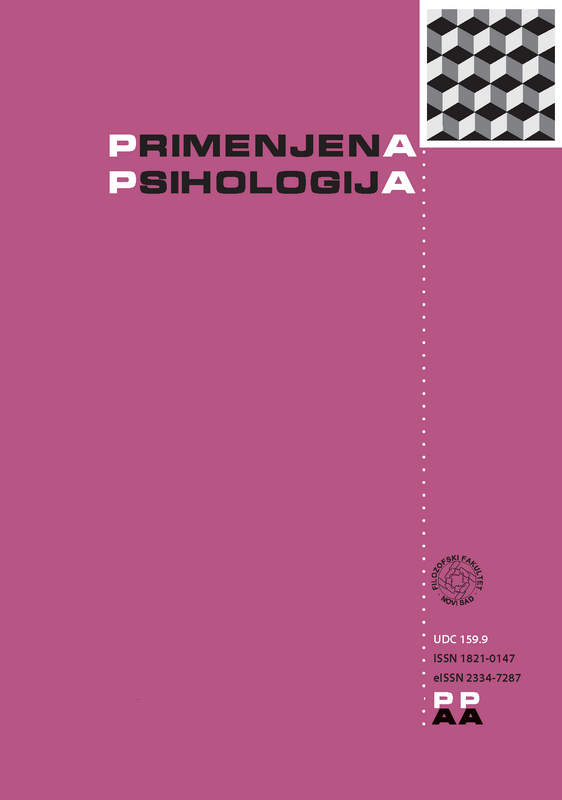Developmental processes and mental health in old age: contribution to Erikson's Psychosocial Theory of Personality Development
DOI:
https://doi.org/10.19090/pp.2013.4.423-441Keywords:
Erikson’s theory, old age, ego integrity, life cycle completed (gerotranscendence), optimism, depression, life satisfactionAbstract
This research was conducted in order to explore Erikson’s Stage 9 of development, discovered posthumously, and to examine certain correlates of mental health in old age. 130 participants, aged over 60 years, were interviewed using the following, previously adapted questionnaires: the Life Orientation Test, the Geriatric Depression Scale, the Satisfaction With Life Scale, and the Erikson:8–9S-a questionnaire which operationalizes Stages 8 and 9 of Erikson’s psychosocial theory. The results of principal component analysis revealed a two-dimensional structure of Erikson: 8–9S, described by components of Ego Integrity and Gerotranscendence. Multivariate analysis of variance showed difference between the older group of participants (older old, 80+) and younger group (younger old, 60– 79) in the level of gerotranscendence. Regression analysis indicated significant associations between the criterion variables: depression and life satisfaction, and the predictor variables: optimism, ego integrity, gerotranscendence and the group membership. Results suggested that optimism, ego integrity and group membership were significant predictors of depression and life satisfaction. In addition, the life satisfaction was predicted by an interaction effect between gerotranscendence and group membership, suggesting that gerotranscendence was a better predictor of life satisfaction in the older old group than in the younger old group. Generally, the old participants in our study expressed high satisfaction with life, mostly positive life orientation and relatively low levels of depression. Also, the significant group differences existed in the level of satisfaction with relationships with loved ones, and amont of everyday activities. Our findings support the existance of qualitatively different processes in old age, contribuing to confirmation of Erikson’s Stage 9 in Serbian population.Downloads
Published
26.12.2013
How to Cite
Krstić-Joksimović, K., & Mihić, L. (2013). Developmental processes and mental health in old age: contribution to Erikson’s Psychosocial Theory of Personality Development. Primenjena Psihologija, 6(4), 423–441. https://doi.org/10.19090/pp.2013.4.423-441
Issue
Section
Regular issues







